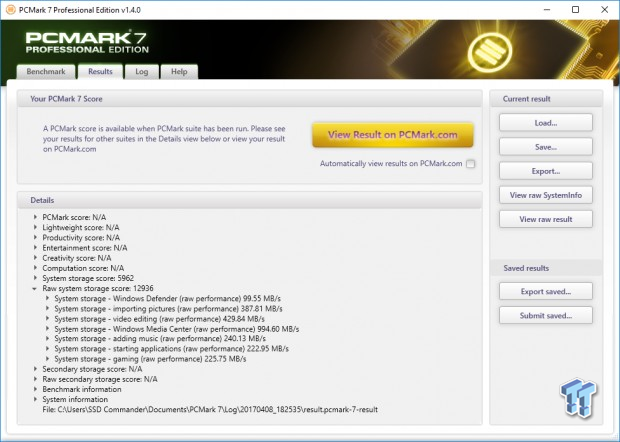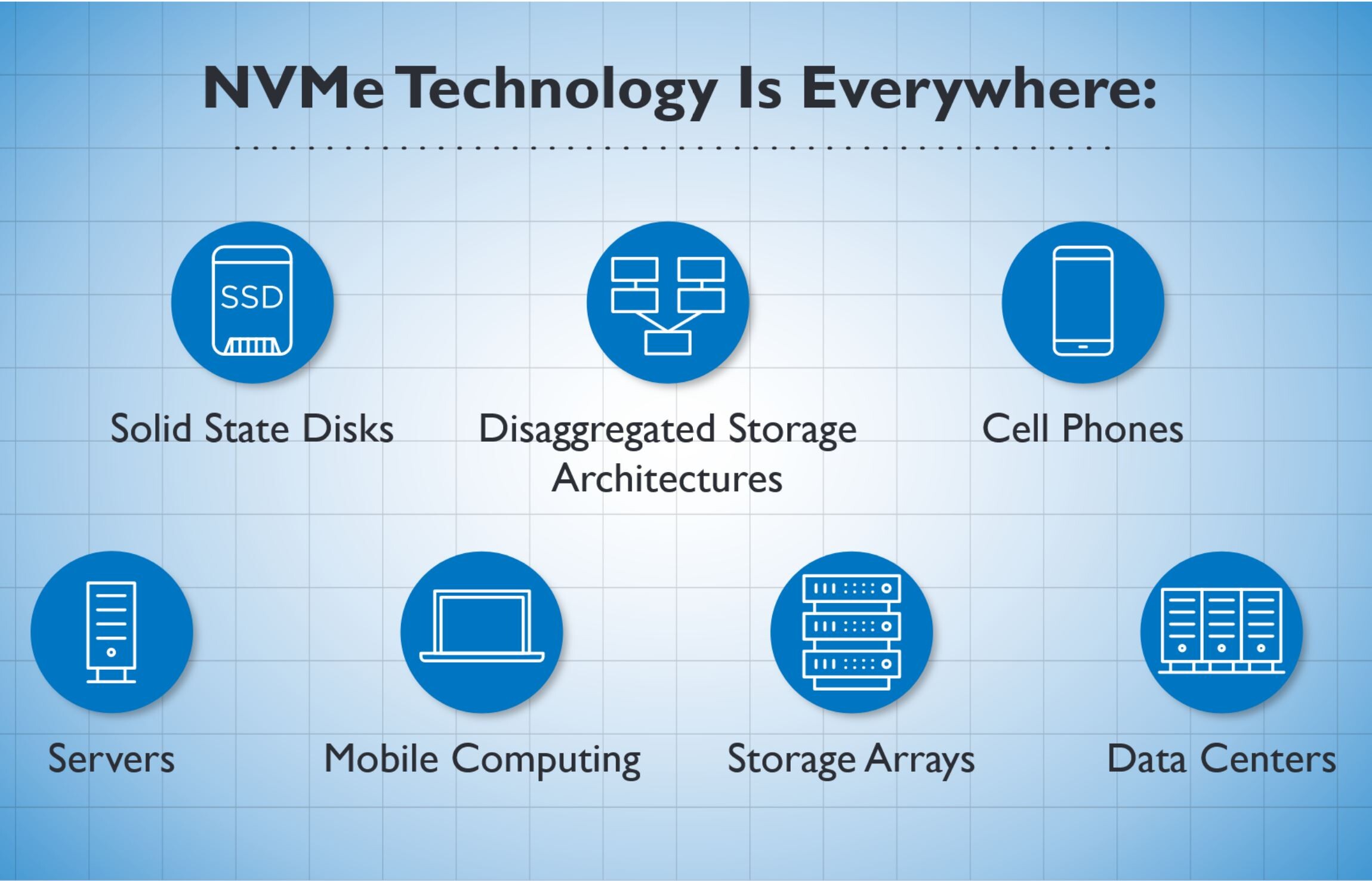

- #SAMSUNG NVME DRIVERS V1.4 INSTALL#
- #SAMSUNG NVME DRIVERS V1.4 UPDATE#
- #SAMSUNG NVME DRIVERS V1.4 DRIVER#
- #SAMSUNG NVME DRIVERS V1.4 WINDOWS 10#
In the PCH case, Windows cannot load the driver under following BIOS configurations: PCH Storage Configuration is set to “Raid Mode, or NAND/Storage Remapping option” is enabled.


Windows will only load the driver only when the Samsung NVMe SSD 970 PRO, 970 EVO, 960 PRO, 960 EVO, and 950 PRO is installed to either a PCIe slot directly connected to CPU or M.2 or PCIe slot connected to PCH. This is my personal opinion though and you cant go wrong with a nvme at this time, since usually the cpu ends up being a bottle neck anyway. I tried both Rangdaas method of manually integrating the USB 3.0 drivers and the Intel USB 3.0 tool I copied the 圆4 folder from the Samsung PM451 (Windows 7 version) to the root of the USB Key. The files inside the zip are directly from my system32 and cabroot and inf folders.
#SAMSUNG NVME DRIVERS V1.4 INSTALL#
Id get pcie 4.0 seeing that its backwards compatible to run at gen 3 mode and you can move it to a new system for more speed. Samsung Data Migration software is designed to help users quickly, easily, and safely migrate all of their data including their current operating system, application software, and user data from their existing storage device (e.g. To get the drivers I first had to install a Windows 7 on an external attached SATA Harddrive because the Samsung Setup will refuse to run, if the SSD is not present on your system.
#SAMSUNG NVME DRIVERS V1.4 UPDATE#
Update drivers with the largest database available. Gen 3 NVMe SSD or Gen 4 on Z390 Motherboard. Link to DiskMark64 results for non-members of Guru3D: Windows 7圆4. Get the latest official Samsung NVMe Controller storage controller drivers for Windows 11, 10, 8.1, 8, 7, Vista, XP PCs. (approximately 7 on sequential tests and as much as 200 on RND4K) with DiskMark64. These temps are with an ambient room temp of 18-19c.Samsung NVMe Express Driver is the driver needed for the Samsung NVMe SSD 970 PRO, 970 EVO, 960 PRO, 960 EVO, and 950 PRO. Unfortunately it is still slower than the Samsung 3.2 driver on my Aorus Gen4 SSD. Samsung NVMe drivers are Microsoft Windows Hardware Quality Labs WHQL tested and in compliance with all the mandatory features and commands of NVMev1.1 specification and NVMe, SCSI Translation Reference v1. Anyway, after installation of the new 3.3 driver the idle temps are -10c, down to 40c. During a long benchmark such as ATTO it creeps up to 75c and throttles itself, but this never bothered me much since that only really happened during those particular long benchmarks, which I avoided. My temps for the 950 Pro 512MB have always been 50c at idle and 55-65c when actually under (normal) use. My motherboard (ASUS Sabertooth Z170 Mark 1) was one of the early m.2/nvme adopters, and as such it does not employ a heatsink only a little "pocket" with a plastic lid on it that is supposed to get at least some benefit from the tiny little motherboard fan, although I don't think it helps one bit.

One area that has definitely improved is the thermals. I don't believe I ever manually updated the driver since originally installing it when I first got it around May of 2016. Ngff mzvlv256hchp, device manager standard, currently samsung.
#SAMSUNG NVME DRIVERS V1.4 WINDOWS 10#
To be honest, I am not even sure which version of the driver I had been using prior to the update, as I thought the magician software was keeping everything up to date (this is the first time I've ever had an "alert" from magician that I need to update the driver). PM951 NVME SAMSUNG 256GB WINDOWS 10 DRIVERS. The pic I attached are of the old results. The 709 read score is now never above 650/660, although I'm not nearly as worried about that. New results are exactly the same except the two ~400MB/S write scores in the middle are always between 200-300 now with the new 3.3 driver. There have been some windows updates and other minor changes to my software/OS environment since then, but nothing out of the normal and it has only been a month since I last tested (3/8/20, with crystal disk mark - it is now 4/5/20). Unfortunately, I noticed a significant drop in random write performance (in benchmarks, at least).


 0 kommentar(er)
0 kommentar(er)
